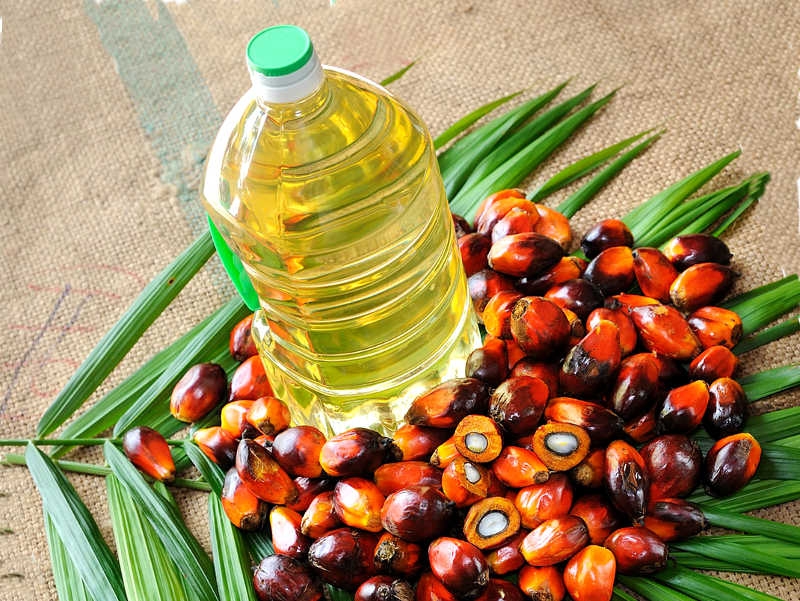Indonesian rupiah rises after crude palm oil excluded from export ban

The Indonesian rupiah rebounded on Tuesday from heavy losses in the previous session after the country said crude palm oil shipments were excluded from the planned export ban on the vegetable oil.
However, the world’s biggest palm oil producer also left room to widen the ban to combat shortages.
The rupiah, which had been broadly stable this year, firmed 0.3% on Tuesday, coming out of its worst day in over 10 months, while Indonesia’s benchmark stock index was unchanged.
“After an initial surprise ban on palm oil exports, which was due to take effect on Thursday, the stance might have softened,” DBS analysts wrote in a note.
“These restrictions are likely to be temporary … once inventories are built up and prices stabilise, restrictions are likely to be lifted.”
Still, worries persisted after Indonesia said it was prepared to widen the ban on exports of refined palm olein if it faces domestic shortages of derivatives used in the production of cooking oil.
Elsewhere, the South Korean won gave up earlier gains to inch 0.1% lower after the nation’s economic growth nearly halved in the first quarter from the preceding three months.
The Bank of Korea is also expected to revise this year’s growth forecast downwards in its next review in May, as the country faces headwinds from the Ukraine conflict, US monetary policy tightening and COVID-19 lockdowns in China.
The GDP growth moderated in the first quarter at a pace of expansion broadly in line with pre-pandemic historical averages, said Brian Tan, analyst at Barclays Bank.
“We reduce our 2022 GDP growth forecast to 2.8% from 3.0%, but continue to expect two more 25bp policy rate hikes this year,” Tan added.
The Singapore dollar slipped 0.2% after the country posted a plunge in its March industrial production data on its first day free of Covid-19 curbs.
“While the data appears to show a notable deterioration in March from February, we believe this was mainly due to a seeming lack of holiday-related downtime in February,” Tan wrote in a separate note.
Meanwhile, in the middle of Shanghai’s fourth week of lockdown and fears that Beijing may face a similar fate, investors held onto hopes of more easing steps to reduce the economic impact of a Covid-19 outbreak in China.
This left stock markets across the region largely mixed, with Indian shares rebounding after sharp losses in the last two sessions to rise 1.3%.
Read also
Wheat in Southern Brazil Impacted by Dry Weather and Frosts
Oilseed Industry. Leaders and Strategies in the Times of a Great Change
Black Sea & Danube Region: Oilseed and Vegoil Markets Within Ongoing Transfor...
Serbia. The drought will cause extremely high losses for farmers this year
2023/24 Safrinha Corn in Brazil 91% Harvested
Write to us
Our manager will contact you soon



